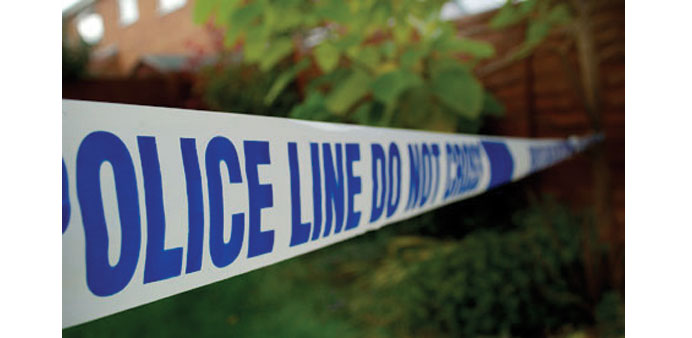Tribune News Service/Bogota
How easy is it to have someone whacked in Venezuela? A new survey found that 36% of the population say it’s “easy” or “very easy” to have someone killed.
Venezuela’s rampant crime often makes chilling headlines. Despite being rich in oil, the country has some of the highest murder and kidnapping rates in the world.
But a recent study suggests that organised crime is widespread and is threatening Venezuela’s democratic stability by undermining institutions.
The report, called “Visualising what’s behind crime,” was produced by the Observatory on Organised Crime, a programme of the Paz Activa civil-society group, and relied on street interviews and focus groups to capture the scope of the problem.
Three-quarters of those surveyed said robberies and muggings took place in their neighbourhoods, 51% said there were murders near their homes, and 23% said the same for kidnappings.
“What we found is that there is a superstructure, a market, that drives all of these criminal activities,” said Paz Activa director Luis Cedeno.
While Central America has well-organised gangs, such as the MS-13, and Colombia has the Revolutionary Armed Forces of Colombia, or Farc, and the National Liberation Army, or ELN, guerrillas, Venezuela’s criminal groups are harder to pinpoint.
“Here we couldn’t identify one person or a principal cause,” Cedeno said. “But where we see it reflected is in state corruption. ... Corruption is the lubricant that allows organised crime to operate.”
Venezuela is ranked 161 on Transparency International’s Corruption Perception Index - tied with Haiti and just below Angola and Guinea-Bissau.
President Nicolas Maduro’s administration sporadically tackles corruption even as it maintains draconian price and currency controls that make smuggling and trafficking - even of basic goods like rice and cooking oil - lucrative criminal enterprises.
Attorney General Luisa Ortega recently ordered the detention of former minister of aquatic and aerial transportation, Herbert Garcia-Plaza, for allegedly overpaying millions for three used ferries. Ortega also asked banks in Andorra, Spain, and Switzerland to provide information that might root out public money squirreled away overseas.
But it’s on the streets of Venezuela where the criminal element is hitting hardest. The country has the second-highest murder rate in the world after Honduras with 54 homicides per 100,000 population, according to World Bank figures. It also has the highest per capita kidnapping rate in the hemisphere.
Government statistics - particularly about crime - are often non-existent or incomplete in Venezuela. So Paz Activa, in conjunction with other organisations, relied on a series of focus groups and street surveys of 385 adults to explore the issue.
Among the findings, those surveyed identified insecurity and organised crime as the top two problems afflicting the country - ahead of corruption, unemployment and poverty.
In addition, 56% said they believed police were part of organised crime, and 29% said they had personal knowledge of the police being involved in criminal networks.
The findings come as the police, too, are being hard-hit by violence. Roughly 260 police officials were murdered last year and 45 have been killed this year in the capital alone, according to news reports. Officials say police are being targeted for their weapons, but those answering the survey suggested more might be at play.
“From the very creation of the National Police force it has been corrupt,” one of the anonymous interviewees told researchers. “They’re killing police not just to steal their guns, but because they’re also involved in corruption.”
Another recurring theme are colectivos. The administration insists that the colectivos are little more than community groups that organise sporting and cultural events.
But respondents saw them as armed gangs that operate with government consent, if not on administration orders. During national protests last year, motorcycle-riding colectivos sometimes attacked demonstrators.

